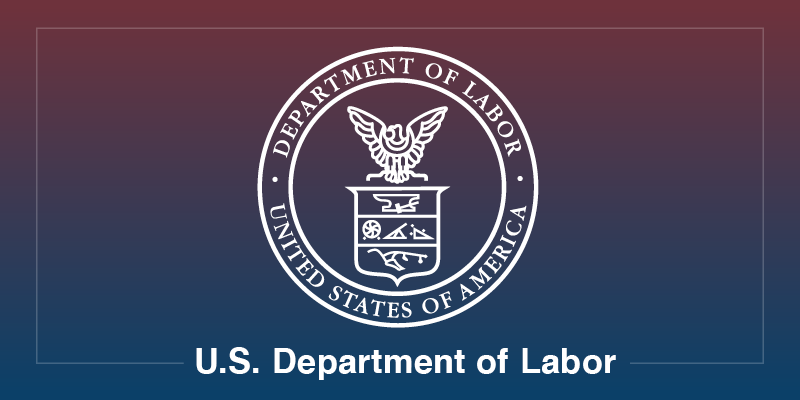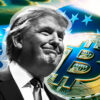Securities and Exchange Commission (SEC) chair Gary Gensler said Tuesday that he wants to bring crypto “into the public policy framework.”
During a live interview with the Washington Post today, Gensler said he’s looking to make sure crypto comes under regulatory purview and meets policy goals so the fast-growing sector doesn’t “undermine the stability of the system.”
Gensler referenced his own blockchain background when teaching and studying crypto with the help of computer scientists at MIT.
“I taught this and studied it for several years at MIT and really wouldn’t have dedicated my time to it if I didn’t think it was interesting and innovative,” he said. “But at the same time, I don’t think technology is long last outside of a social and public policy framework.”
That means instituting investor and consumer protections is paramount at this stage in the space, according to Gensler. The SEC’s purview includes investor protection in securities markets, but Gensler said to cover crypto, the agency will need to take a broad stance on its mission.
Gensler reiterated his commitment to taking a close look at crypto platforms, since many of the tokens these venues support could have attributes of investment contracts or securities. If they’re found to support securities, that makes them subject to securities laws and the SEC’s mandate, according to Gensler.
If they fail to register, enforcement is coming, he said:
“It’s highly likely that they have on these platforms securities investment contracts or notes or others that fit the definition of security. Those platforms should come in. They should figure out how to register, be it an investment investor protection remit. Now, not many have. And so I do really fear that we’ll keep bringing these enforcement cases. But there’s going to be a problem. There’s going to be a problem on lending platforms or trading platforms. And frankly, when that happens, I think a lot of people are going to get hurt.”
In this scenario, the SEC will likely have to coordinate closely with its sister agency, the Commodities Futures Trading Commission (CFTC), which Gensler once helmed. Because some tokens look more like commodities, and others mix attributes of securities with commodities, the agencies will likely need to work together, Gensler said.
Gensler also teased that in the arena of stablecoins, the agencies might have to further collaborate with banking regulators, since “stablecoins may have attributes of investment contracts, have some attributes like banking products.”
Agencies might already be looking at the stablecoin question from a similar vantage point. Just last week, Comptroller of the Currency Michael Hsu said he was looking to the wildcat banking days as he parses out his views on stablecoins. Gensler also referenced the wildcat banks in relation to the U.S.’s history with private money. Without investor protection, too many versions of private money create more headaches than freedoms, according to Gensler.
Elsewhere, Federal Reserve chair Janet Yellen’s team is still preparing a report on the tokens and how they should be regulated, but in the meantime, other agency heads are raising the alarm. Hsu likened them to follies of 1800’s privatized money, and today Gensler said they’re the so-called casino money of the Wild West:
“Stablecoins are acting almost like poker chips at the casino right now, so add to the Wild West analogy — we’ve got a lot of casinos here in the Wild West and the poker chips, these stablecoins, at the casino gaming tables. So I think there’s just a lot of warning signs and flashing lights that we might have a spill on aisle three, and I’d rather get ahead of it.”
Gensler hinted that Congress might need to act to help this inter-agency collaboration along in order to get crypto under control ahead of any “spills.”
“The banking authorities right now don’t have the full gamut of what they need and how we work with Congress to sort through that,” he said.
The same might go for the SEC. Though Gensler said the mission is sufficiently broad to bring crypto under its purview and the agency has “robust authorities,” he said “there are gaps as I’ve identified them,” which Congressional certainty could alleviate.
theblockcrypto
















































